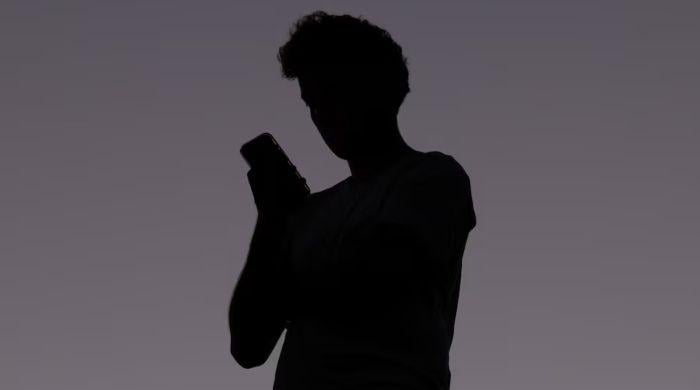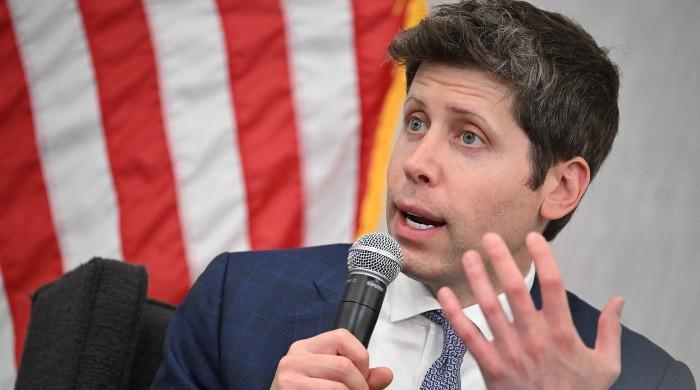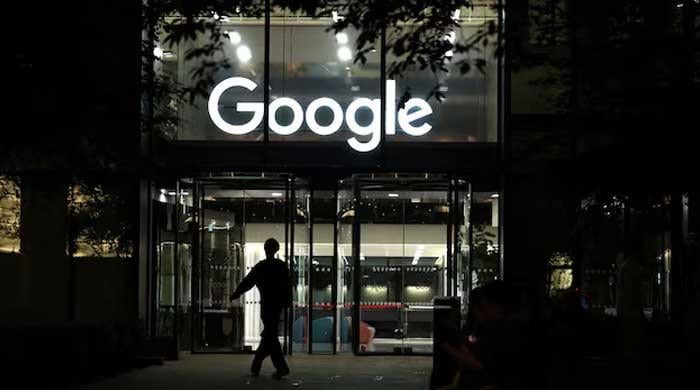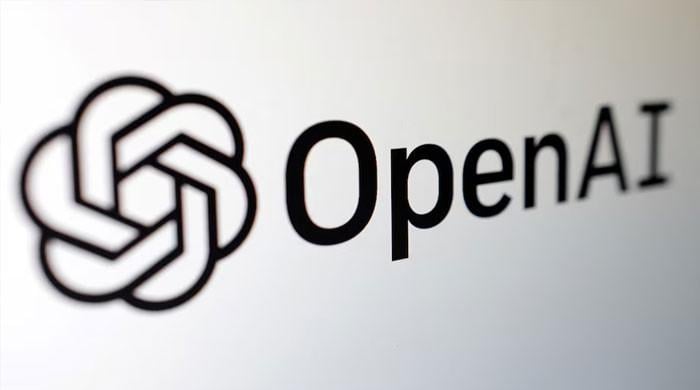Twitter, Facebook face competition from blockchain-based social media platforms
Bluesky's rise may have been partly driven by Musk's subscription-only changes to Twitter, which have caused service outages
May 12, 2023
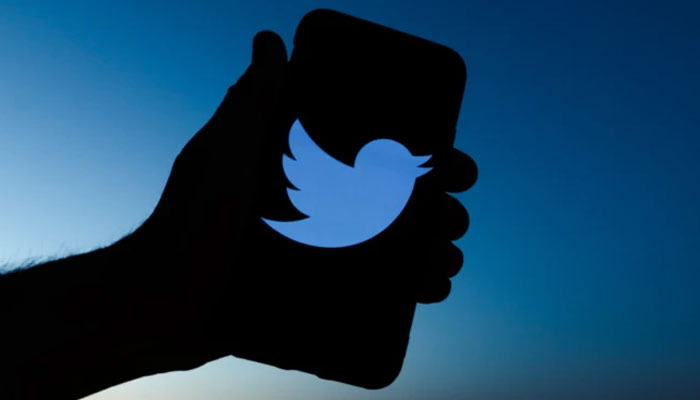
Bluesky, a decentralised communications app, is posing a new competition to Elon Musk's Twitter. The app, which is backed by Twitter co-founder and twice-former CEO Jack Dorsey, is an alternative to centralised social media platforms.
Unlike Twitter and Facebook, decentralised social media platforms have no single owner or leader and are not beholden to commercial or financial interests. Decentralised projects are less likely to collect and sell users' data and less susceptible to censorship.
Bluesky has become popular in recent months, with 628,000 mobile downloads in April, a 606% rise from the previous month. However, Bluesky still lags far behind Twitter in total download volume.
Bluesky's emergence highlights how Dorsey is looking to disrupt what he helped create. In 2019, Bluesky was originally incubated within Twitter when Dorsey was still CEO.
The app runs on a decentralized networking technology called the AT Protocol, which could power future social apps, enabling people to maintain their identities across multiple apps. Other decentralised social projects that have been getting more attention include Mastodon, as well as Lens and Farcaster, which are both Twitter substitutes built on blockchains.
Decentralised platforms lack the algorithms that recommend particular content. They also don't sell ads or collect and sell user data, which are the traditional ways that social networks make money. However, the only drawback is scale, with Bluesky having only around 50,000 users and unclear financial plans.
Bluesky, which is currently invitation-only, could turn to subscriptions to monetize its operations. But the front-end apps built atop these decentralized platforms are often clunky, not professional-looking, or easy to use. The team hasn't given many hints on any financial plans, according to recent blog posts. The user experience is also another drawback, with the platform still being tested and developed.
The emergence of decentralised social media platforms provides an opportunity for people to be citizens of their platforms, with the ability to vote.
Facebook whistleblower Frances Haugen said that it all comes down to self-governance. "We’ve kind of come to accept that we are subjects of a king, like Mark [Zuckerberg], or Elon [Musk], and we can either follow their rules or leave," Haugen said.
"And there’s an interesting opportunity for people to be citizens of their platforms, having an ability to vote, but also having..."





